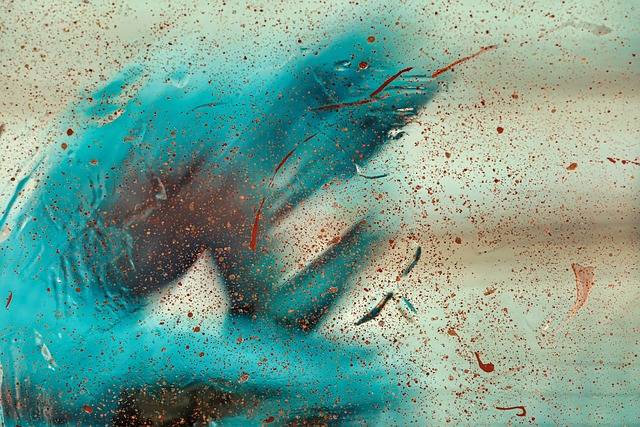Psychedelic therapy is the use of psychedelic substances such as LSD, psilocybin, or DMT to treat a variety of mental health disorders. These medicines have the potential to induce intense and frequently transforming experiences that may be utilized to aid psychotherapy, self-exploration, and personal growth. While psychedelic therapy is currently considered experimental and not commonly available, preliminary research suggests that it may be beneficial in treating a variety of disorders such as anxiety, depression, PTSD, and addiction. More study is needed, however, to fully understand the possible advantages and hazards of this method, which should be used with caution.
The use of the drug is often only one aspect of the therapeutic procedure in psychedelic therapy. Preparatory sessions with a therapist are common, during which the patient is informed about the expected effects of the substance as well as the relevance of context and purpose. The actual psychedelic experience is usually supervised by a therapist or professional facilitator and can take place in either a therapeutic environment or a retreat-like setting. Following the experience, integration sessions are often held in which the patient and therapist explore the patient’s experiences and how they might be utilized in daily life.
The processes by which psychedelic substances may generate therapeutic benefits are not fully known, although they are assumed to function by changing brain activity and interrupting typical patterns of thought and behavior for a short period of time. This can result in the collapse of typical ego barriers and a momentary loss of self-awareness, which can aid in emotional processing and personal insight. Psychedelic substances, on the other hand, can cause surprising and possibly severe psychological experiences, and they may not be appropriate for everyone. It is critical to carefully weigh the dangers and advantages of psychedelic therapy and to seek treatment only from qualified and experienced practitioners.
